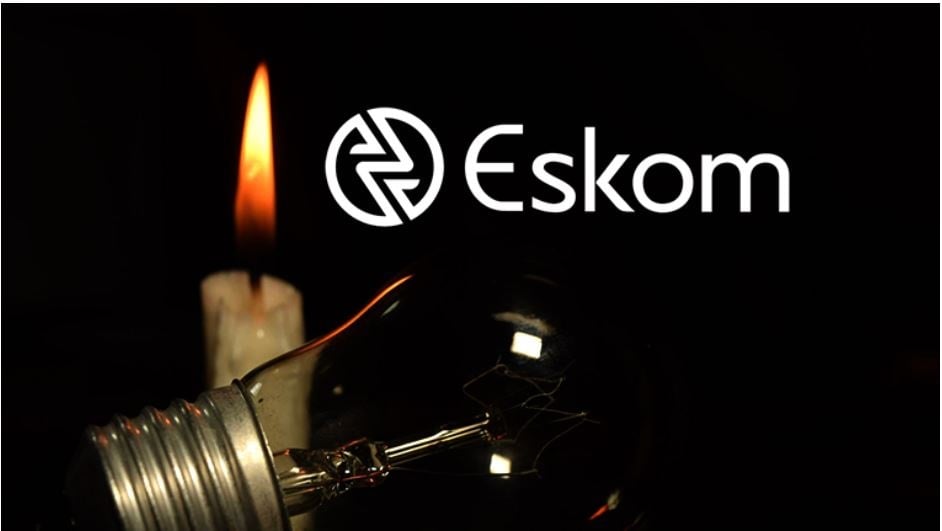
The recent ruling that instructs the minister of electricity, Kgosientsho Ramokgopa, to prevent load shedding in schools and hospitals by the end of January next year essentially means that government will be forced to fork out funds in its already constrained budget to ensure critical institutions do not suffer from the effects of load shedding
On Friday afternoon, the North Gauteng High Court in Pretoria ruled that load shedding was unconstitutional and Eskom’s and government’s failure to avoid and remedy it infringed on basic rights.
The court ordered government to "take all reasonable steps by no later than 31 January 2024, whether in conjunction with Eskom and other organs of the state or not, to ensure that there shall be sufficient supply or generation of electricity to prevent any interruption of supply as a result of load shedding to the following institutions or facilities."
It then list public health facilities, schools and police stations as locations that should be exempt from load shedding.
Eskom's failure is government's failure
Advocate and acting judge Smanga Sethene explains that the judgment states the failure of Eskom due to load shedding is essentially the failure of government, and it constitutes a contravention of the Bill of Rights and other legislation.
READ: Electricity minister apologises for stage 6 load shedding
He explained: “For instance, we have the right to government services, just as all citizens have the right to the environment, housing, water, and the like. Those are services that should be provided by only a governmental institution. The inability of Eskom due to load shedding has economic repercussions; it also has health repercussions. Picture the hospitals that must operate by the use of electricity only when your elderly mother and father are there. When Eskom fails to provide electricity, it means their constitutional rights are contravened by that failure,” Sethene adds.
He clarified that since Eskom reported to government, government's authority was cited because, by extension, Eskom's failure was indirectly government's failure.
The case was brought on by a coalition of civil rights organisations, the National Union of Metalworkers of SA (Numsa), and the United Democratic Front, which sought an order that exempted schools, hospitals and police stations from rolling blackouts.
Since then, the presidency and affected departments, such as the ministry of electricity and the department of mineral resources and energy noted the judgment handed down by the court on the matter. President Ramaphosa's office commented: “The presidency is studying the judgment and will in due course pronounce further steps on the matter.”
Rapid deployment of renewables and storage is key
Climate justice activist and energy researcher Alex Lenferna said government would be best served looking for a large-scale solution:
“Small-scale generation, especially solar and generators can pay back over time for public institutions, and so there is a case to be made that as we are stuck in load shedding we need to implement solutions like that in the interim," said Leferna.
He added, however, that it would probably make more sense for government to invest in utilities to address load shedding at the national level, rather than to invest at a small-scale generation level.
He elaborates that the bottom line is that the most effective way to tackle this crisis and ensure reliable electricity, for not just police stations and schools and hospitals, is for government to invest in the rapid roll out of renewable energy, solar, wind as well as storage options.
Government's own model shows that this would be the best way to bring renewable energy online.
“There is a need for government to deal with load shedding with urgency to avoid being put in a place where they must provide expensive tailor-made solutions for each public institution rather than providing energy solution on a national level,” he adds.
READ: 'No shortcut to ending load shedding,' says Ramokgopa amid indefinite stage 6 blackouts
Numsa calls for more coal
Numsa seems to believe that the court decision means that government has no choice but to take decisive action to ensure it upholds the court order. They, however, believe that more coal is the answer.
Numsa said in a statement:
It added that government must conduct a proper consultation process with all social partners in the country to enable the public to decide on an energy mix that is suitable for everyone.
“This must happen without us being dictated to through sell-out deals that are destroying the economy,” Numsa said.




 Publications
Publications
 Partners
Partners









